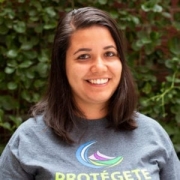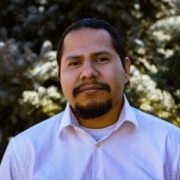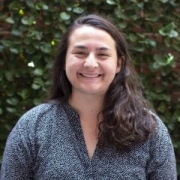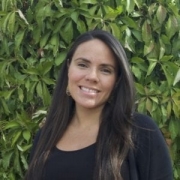Ballot measures
Written by Conservation Colorado staff

Amendment 74 – NO Just Compensation for Reduction in Fair Market Value by Government Law or Regulation
Proposition 109 – NO Authorize Bonds for Transportation Projects



Fair Maps Colorado
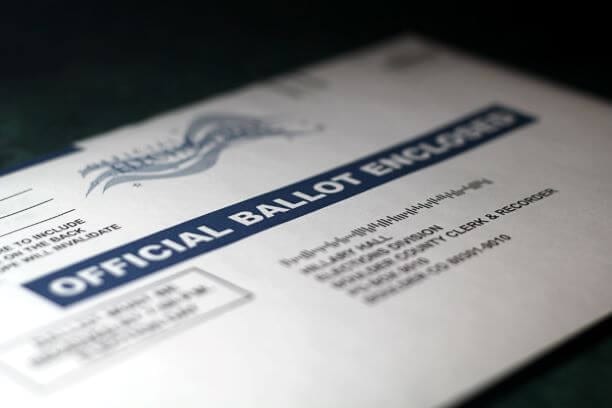


These measures create fair and competitive congressional and state legislative districts. They will set up a new process that empowers independent commissions to draw district lines and keeps elected officials and lobbyists from drawing electoral districts because voters should choose their politicians, not the other way around.
Colorado’s population growth means we will likely have an eighth congressional seat by 2022. That means now is the time to improve our system for drawing districts. Together, these measures will help achieve fair and equal representation for all citizens of Colorado. Amendments Y and Z will:
- Create balanced independent commissions (4 Republicans, 4 Democrats, and 4 unaffiliated voters)
- Set clear criteria for map-drawing and prohibitions on gerrymandering
- Limit the roles of partisans and courts
- Heighten open meetings, public records, and ethical rules
- Secure fair and effective representation for all Colorado voters
- Maximize competitive districts
Stop Amendment 74 and Save Our Neighborhoods
A Dead End for Colorado
 ☒ NO on Proposition 109 – “Authorize Bonds for Transportation Projects”
☒ NO on Proposition 109 – “Authorize Bonds for Transportation Projects”
Proposition 109 would dedicate existing state funds to projects that address road and bridge expansion, construction, maintenance, and repairs. These funds are not to be used for roads managed by local governments—88 percent of all roads—or public transportation. But Prop.109 takes $3.5 billion away from schools, public safety, and other vital services by forcing the state to reallocate existing resources and exclusively fund highway projects. We need a transportation system that invests in solutions, not one that will bankrupt our government and leave our roads in disrepair.
Let’s go Colorado
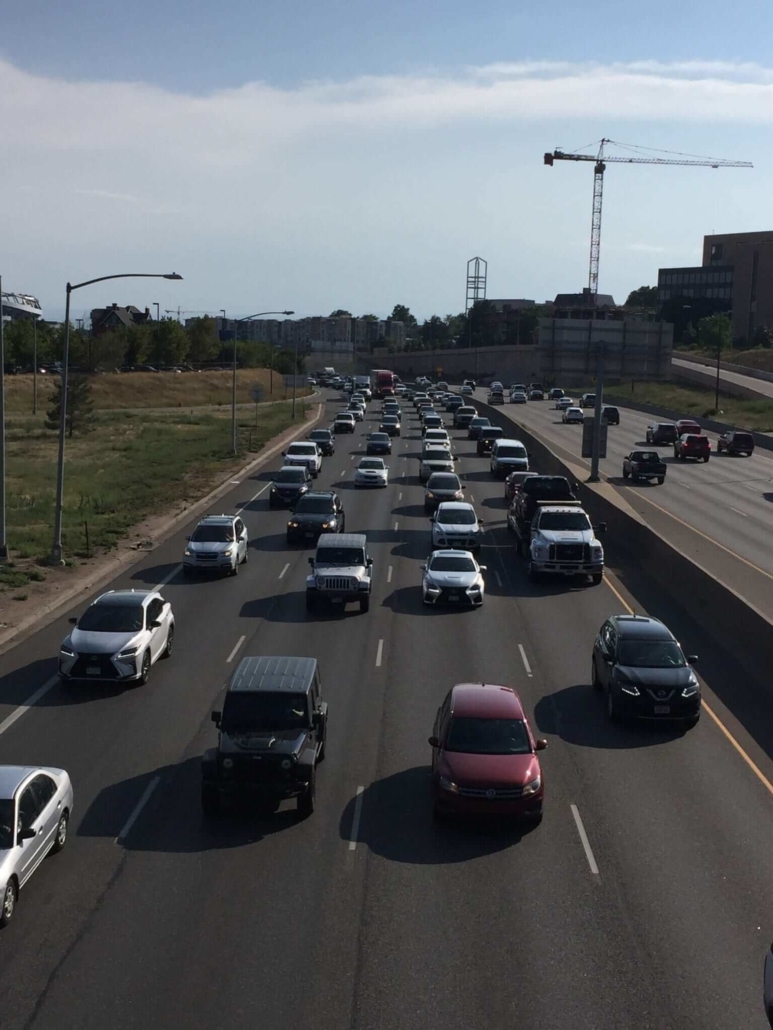

It’s been decades since we last changed how Colorado funds transportation. Our streets and transportation systems need improvement, and it’s time to stop the “band-aid” approach. Proposition 110 is the statewide solution we need. It fixes our roads; ensures local governments have the resources to meet demands; promotes options like walking, biking, and transit that reduce congestion; and ensures that we protect the environment by investing in solutions that move people, not just cars.
We need a new funding source to fix our roads. A sales tax asks everyone to chip in, including the 80 million out-of-state tourists who use our infrastructure every year. This proposition will increase the state’s sales tax by 0.62%, a little more than half a cent on a dollar purchase, to fund transportation projects across the state.
CLICK HERE TO READ MORE ABOUT LET’S GO COLORADO
Protect Colorado Neighborhoods


Prop. 112 requires new oil and gas development projects to be located at least 2,500 feet from occupied buildings and other areas designated as vulnerable. Conservation Colorado has long worked to ensure a responsible, transparent, and accountable oil and gas industry, which has included efforts to increase the distance between oil and gas development and the places where we live and where our children play. Yet, the industry has blocked even the most modest efforts to address the growing conflicts between its operations and our communities, such as keeping drilling and fracking away from schools. Ultimately we must prioritize the health and safety of our communities above all else.
Read more at Colorado Rising.
Healthy Parks and Rivers for Everyone


This measure will increase the city’s sales tax by 0.25% (about $3 per month) in order to create a dedicated funding source to address the city’s $127 million park maintenance backlog and help add new parks, rivers, trails, and open space. Denver is growing quickly, but its investment in parks and trails is not keeping pace with growth. One of six of our parks is in poor condition and in need of repairs. Worse, our park system is inequitable, as wealthier neighborhoods can make private donations to address their park needs while low-income neighborhoods are left behind.
The Denver City Council referred this measure to the ballot, and which will raise over $45 million in its first year alone to help make the dream of “a park in every neighborhood” a reality for ALL Denver residents.
Learn more at Yes for Denver Parks.
Voting is one of the most important things you can do to protect our environment and what you love about our state. Help us spread the word about Colorado ballot measures and how they impact the environment.

 If Amendment 74 passes, it will allow any corporation or property owner to sue local governments over any law they disagree with, opening the floodgates to frivolous and costly lawsuits. Taxpayers would have to foot the bill.
If Amendment 74 passes, it will allow any corporation or property owner to sue local governments over any law they disagree with, opening the floodgates to frivolous and costly lawsuits. Taxpayers would have to foot the bill.
